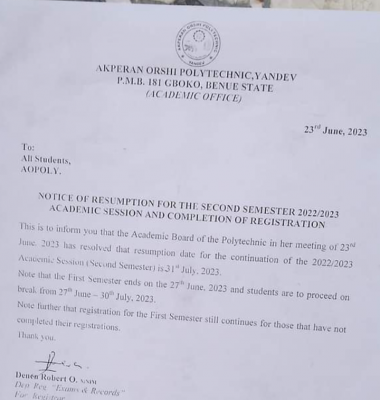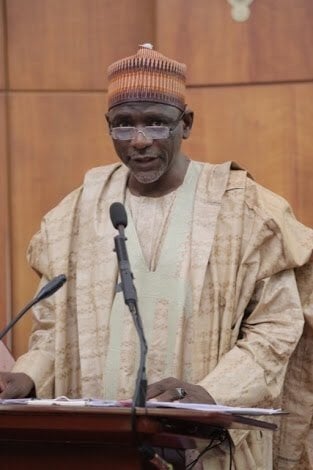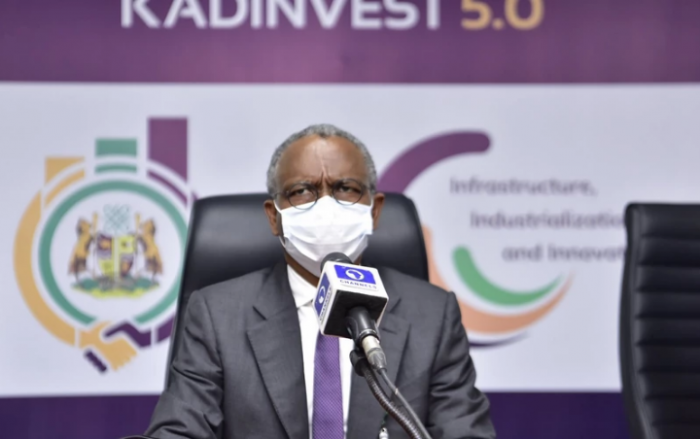
At last the era of dispute over critical issues concerning the nation’s public universities has been put behind us with the resolution of the strike by the Academic Staff Union of Universities. Now the nation has moved on to the most challenging aspect of the entire process, which is the stage of implementing the resolutions reached by the parties involved.
This is the time to bring to fruition all the months of research and hard-work that went into the preparation of the Needs Assessment Report of the nation’s public universities. The report was initiated by President Goodluck Jonathan and he is directly driving the process of reviving the universities.
The truth remains that the President has been the driving force of the programme to make Nigerian Public Universities globally competitive. The President has publicly committed himself to reviving the infrastructure and uplifting the academic standards of the public universities. Now that the dust of the dispute has settled, the President and his lieutenants can now settle down to do the work they set out to do from the very beginning without further distractions.
Commentaries and editorials have been written about the ugly state of infrastructure in the public universities; political positions have been taken and general condemnations made; but this is the time to right the wrongs. This is time to improve on the neglected facilities that were abandoned by previous administrations. This is the time to give Nigeria the future she so rightly deserves.
On Tuesday, December 17, 2013, the Federal Government inaugurated the Implementation Monitoring Committee on the Needs Assessment Report of public universities. According to the Secretary to the Government of the Federation, SGF, Senator Anyim Pius Anyim, the setting up of the Implementation Monitoring Committee, IMC, served as a proof of the administration’s commitment to comprehensively tackle the rot that has bedeviled the public universities for decades.
The IMC has members drawn from the Federal Government and key leaders of the unions in the federal universities. The members of the IMC include; the Supervising Minister of Education, Barr. Ezenwo Nyesom Wike who serves as chairman, the Executive Secretaries of National Universities Commission and Tertiary Education Trust Fund, representatives of the SGF, the Committee of Vice Chancellors, Committee of Pro-Chancellors, Academic Staff Union of Universities, ASUU, Senior Staff Association of Nigerian Universities, SSANU, National Association of Academic Technologists, and Non-Academic and Associated Staff Union and the Director of Tertiary Education at the Federal Ministry of Education.
This committee has the responsibility of directly monitoring the implementation of projects being executed with allocated funds in all the public universities of the country spread across the six geo-political zones. The projects to be executed are based primarily on the lists of prioritised projects computed by the respective governing councils of the universities. The setting up of the IMC was one of the resolutions reached between ASUU and the Federal Government during the recent negotiations.
It is necessary to indicate that the IMC is not involved in the award of contracts, but principally set up to ensure that the best results are achieved over the period of six years that the Needs Assessment report of the public universities will be implemented. The objective is to ensure that the N1.3trillion brings about the desired improvements that Nigerians yearn for.
Aside the IMC, there are two other committees established to handle specific functions in the course of the implementation of the implementation of the report. They are; the Allocation Committee chaired by the Technical Consultant to the IMC, Prof. Mahmood Yakubu and the Logistics Committee chaired by the Director of Tertiary Education, Federal Ministry of Education, Mrs Hindatu Abdulahi. Both committees have their membership drawn from the Federal Government and the respective interested unions.
Supervising Minister of Education, Barr. Wike at the inaugural meeting of the IMC charged members to work in unison to improve infrastructure in all public universities. He said the membership of the IMC must work as a team with the required patriotic zeal to ensure that there is value for the money set aside by the Jonathan administration to revive the public universities.
The Executive Secretary of the National Universities Commission, NUC, Prof. Julius Okojie believes that the nation’s public universities will witness aggressive development in all spheres. He said though the resolutions did not spell out what is expected of the academic staff in terms of contributions, the lecturers are expected to improve on their commitment to service delivery and be obligated to the lifting of the academic standards of their respective schools , departments and faculties.
At this point, no Nigerian should stand aloof. The funds being injected in these public universities are from the nation’s commonwealth. Therefore, the task of monitoring the implementation of priority projects should not be left solely with the IMC. The media, civil society groups, parent- teacher associations, members of the universities’ host communities and all stakeholders must take interest in what the university administrators do with these funds. At every turn, Nigerians must seek to know the successes recorded and the challenges being faced by individual universities.
Since the resolution of the strike, the vociferous commentators have gone predictably dumb. Even when they make their now very irregular analyses, they deliberately refuse to point out the fact that the ball has left the court of the Federal Government and is now in the court of the administrators of the respective public universities saddled with the mandate to implement the audacious Needs Assessment report initiated by President Goodluck Jonathan.
At one of the meetings between the Supervising Minister of Education and the Vice Chancellors and Pro-Chancellors, it was discovered that well over N300billion meant for the development of infrastructure in the nation’s public universities was lying idle in banks due to certain challenges faced by the institutions. The university administrators must improve the capacity of officials in Physical Planning Units to ensure that they meet the present demands.
With effective implementation of the Needs Assessment report and the implementation of the regular TETfund development programmes, it is certain that the universities will return to their glorious days.
Simeon Nwakaudu is Special Assistant (Media) to the Supervising Minister of Education.




